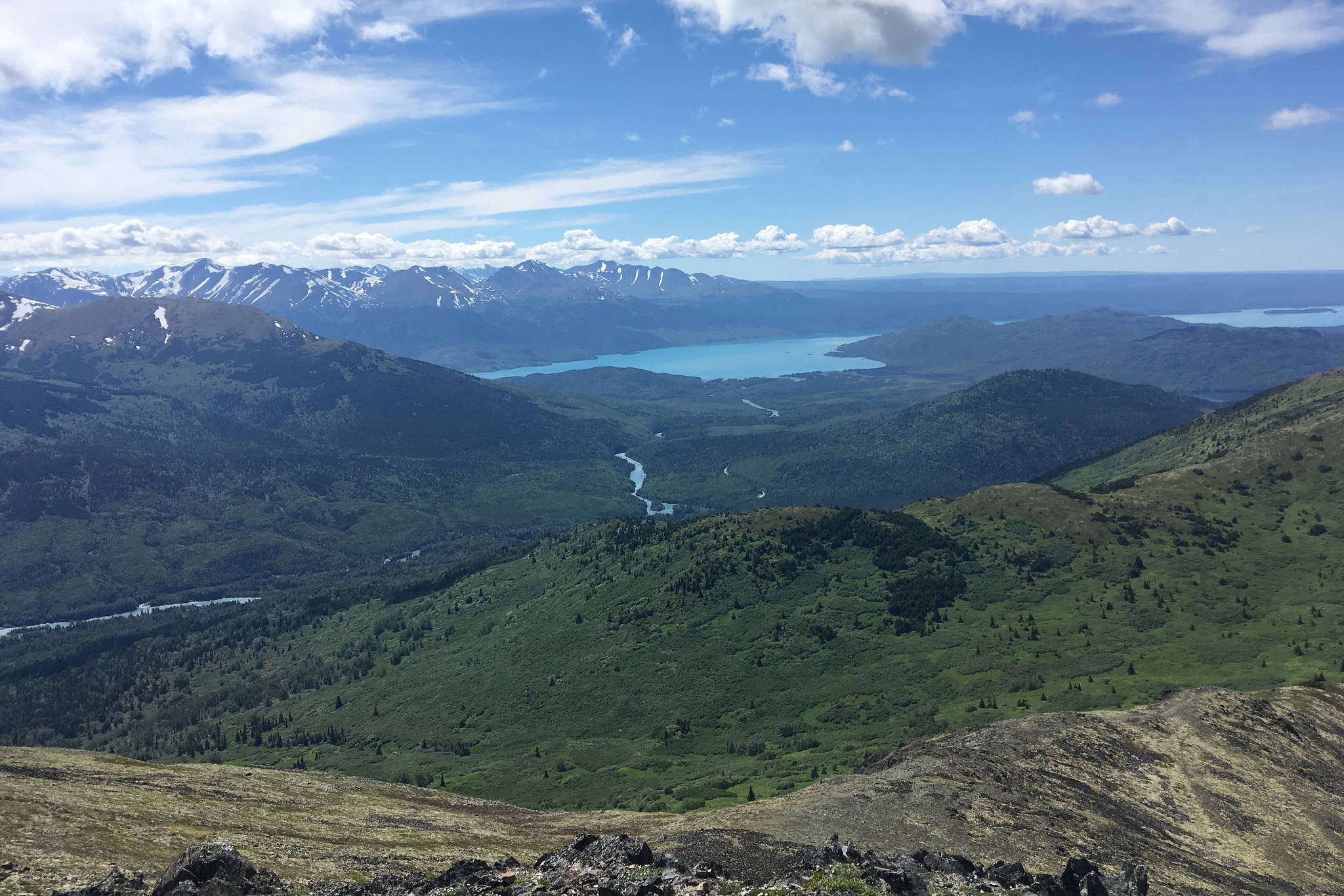Alaskans love to hunt and fish. A quick glance at any Alaskans’ social media feed in the fall, with all the photos of harvested moose, caribou, ducks, and fish is proof of that. It’s the reason many of us live here.
Unfortunately, that way of life is under attack. As written, Ballot Measure 1 works to restrict Alaskan outdoor enthusiasts’ access to lands and waters. The measure was written by environmental activists who would love nothing more than to make hunting, shooting, and trapping in Alaska more difficult, if not impossible.
Ballot Measure 1 supporters claim to want to protect fish habitat. Sounds good on its face; who doesn’t want to protect the fish we all love? Unfortunately for the environmental activists pushing this thing, we outdoor folks are naturally suspicious when it comes to “Ballot Box Biology.” So, we dug into the issue, and quickly figured out how deceptive it really is.
Here’s how Ballot Measure 1 could impact anyone interested in hunting, fishing and outdoor recreation:
Ballot Measure 1 creates new minor individual permits and imposes a new process for general permits (common use and public interest permits). Under the measure, nearly all waters in Alaska are presumed to be important fish habitat until proven otherwise. Never mind if the stream or lake hasn’t seen a salmon in 40 years; now it is assumed to be fish habitat, an assumption that will be difficult and expensive to disprove.
Many areas and outdoor activities would be subject to new permitting criteria, public comment periods, public meetings, and increased potential for lawsuits by Outside environmental groups. Areas and activities potentially affected:Nearly all waters in Alaska, potentially including coastal marine waters
Landing small planes on lakes, river beds, and along the coast of Alaska
Crossing streams, rivers, or lakes in boats or all-terrain vehicles
Access to boat launches, docks, river banks, and Special Areas
Any onshore activity that affects areas in close proximity to waters that may have fish
For general permits, Ballot Measure 1 requires:A 30-day public comment period
At least one public hearing, if requested by an “interested person” (the “interested person” is not required to live in Alaska)
Opportunity for any “interested person,” including Outside groups like PETA, Sierra Club, and the Center for Biological Diversity, etc., to challenge every decision and every permit, and then appeal to the Superior Court.
Make no mistake, Ballot Measure 1 will be disastrous for anglers, hunters and trappers.
Trying to get a permit for even the most basic outdoors activity will become complex, risky, expensive, and time-consuming. Alaska’s great outdoors could quickly become tangled in a web of red tape and litigation. This is not an exaggeration; the ballot measure’s language is clear (see sections 2, 3, 6 and 8).
The added restrictions, burdens, and costs under these permits directly impact the lives and outdoor activities of individual Alaskans — not companies or businesses. These minor individual and general permits restrict the ability of Alaskans to quickly access lands and waters for recreation, hunting, fishing, camping, and other outdoor activities.
We know this sounds crazy. How could something this radical ever make it to the ballot? Good question. It’s hard to believe something this restrictive is actually up for a vote in a state like Alaska. Like it or not, whether you hunt, fish, camp, hike, or recreate in the great outdoors, Ballot Measure 1 is bad for Alaska, and even worse for Alaskans.
All Alaskans, especially sportsmen should loudly and clearly say no to Ballot Box Biology — Vote No on 1 on Nov. 6.
Contributed by John Sturgeon, Governor’s Conservationist of the Year Award Recipient; Craig Compeau; Rick Rydell, Frank and Sue Entsminger, 2014 Governor’s Conservationist of the Year Award Recipients; Kevin Kehoe; and Eddie Grasser, 2012 Governor’s Conservationist of the Year Award Recipient.

